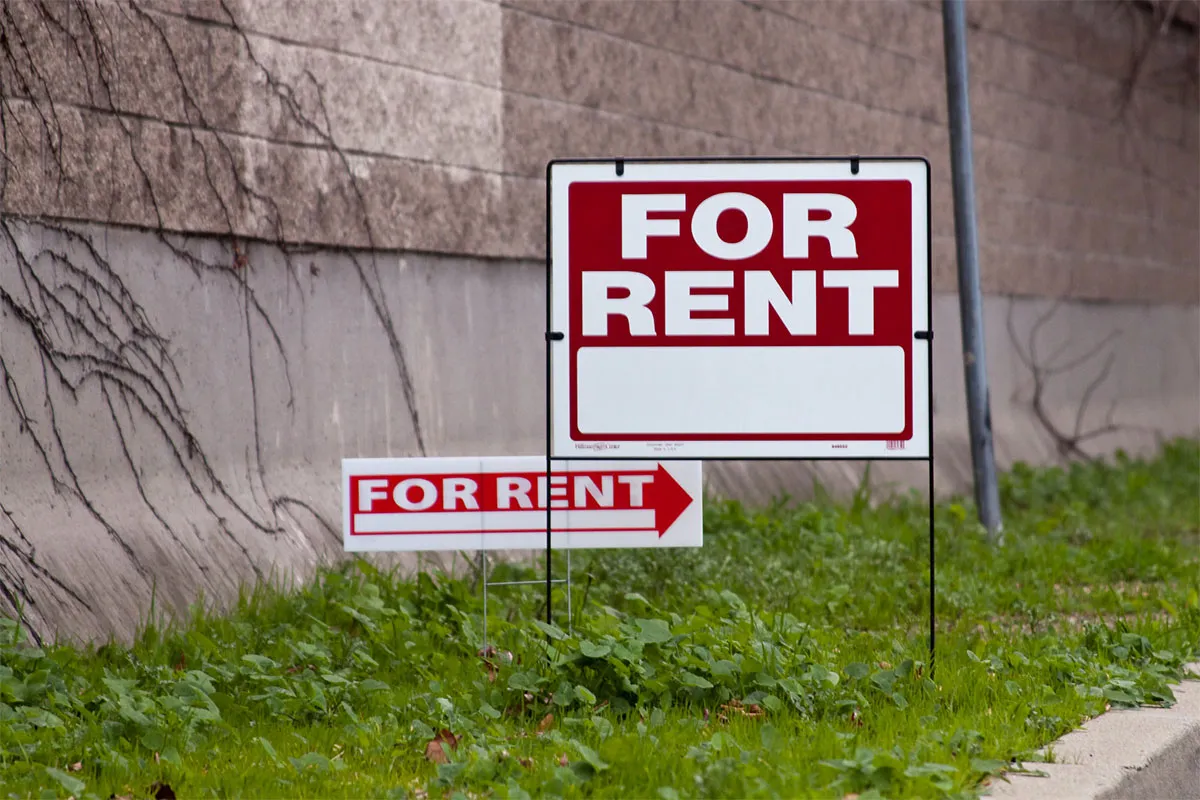Navigating rent increases can be a stressful experience for tenants in Arkansas. With limited regulations on how much or how often a landlord can raise the rent, it’s essential to be informed about your rights and potential changes in this ever-evolving legal landscape. This article offers a comprehensive overview of Arkansas rent increase laws, providing guidance on rent increases, notice requirements, and resources available to tenants.
The Absence of Rent Control in Arkansas
Arkansas is recognized as a landlord-friendly state. Unlike some states and localities, Arkansas does not have rent control laws in place. Rent control policies are designed to limit the frequency and amount a landlord can increase rent for existing tenants. The lack of rent control means Arkansas landlords have substantial freedom in determining rental prices.
How Much Can a Landlord Raise Rent?
In Arkansas, there are no legal caps or restrictions on how much a landlord can increase the rent. This means there’s no fixed percentage or dollar amount limiting the potential increase. However, it’s important to note that landlords are generally expected to keep rent increases within reasonable bounds to retain tenants and avoid vacancies.
Required Notice Periods for Rent Increases
Even without rent control, Arkansas landlords have specific obligations regarding notice when increasing rent. The required notice period depends on the type of tenancy agreement in place:
- Month-to-Month Leases: For month-to-month leases, the most common type in Little Rock, Fayetteville, and other Arkansas cities, landlords must provide tenants with at least one full rental period’s notice before the increase takes effect. For example, if your rent is due on the first of every month, the landlord would need to give you notice by the first of the previous month.
- Week-to-Week Leases: If you have a week-to-week lease, the required notice period is shorter. Landlords must provide at least seven days’ notice before a rent increase.
- Fixed-Term Leases: For fixed-term leases (e.g., a one-year lease), the landlord cannot raise the rent during the lease term unless a provision allowing an increase is explicitly included in the lease agreement.
When Can a Landlord Increase Rent?
Arkansas landlords can typically implement rent increases at the following times:
- At the End of a Lease Term: When a fixed-term lease expires, the landlord is free to propose a new lease with a higher rental rate.
- During a Month-to-Month Tenancy: For month-to-month tenancies, the landlord can increase the rent with proper notice as outlined earlier.
Prohibited Reasons for Rent Increases
Arkansas law prohibits landlords from raising the rent for certain discriminatory or retaliatory reasons:
- Discrimination Landlords cannot raise rent based on protected characteristics such as race, color, religion, national origin, sex, familial status, or disability.
- Retaliation Landlords cannot increase your rent in retaliation for making a good faith complaint about housing conditions, reporting code violations, or exercising your legal rights as a tenant.
How to Respond to a Proposed Rent Increase
- Negotiating with Your Landlord: If you have a positive rental history, try negotiating with your landlord. You could inquire about a smaller rent increase or propose a longer lease term in exchange for a more modest increase. Open and respectful communication can sometimes lead to a compromise.
- Seeking Legal Assistance: If you believe the rent increase is excessive, discriminatory, or retaliatory, consider seeking legal assistance. Legal aid organizations in Arkansas may offer free or low-cost consultations to help you understand your options. (We’ll provide a list of resources in the next section.)
Resources for Tenants in Arkansas
- Arkansas Attorney General’s Office – Consumer Protection Division: The Consumer Protection Division provides information on landlord-tenant rights and can assist with complaints. https://arkansasag.gov/consumer-protection/home/landlord-and-tenant-rights/
- Center for Arkansas Legal Services: A non-profit organization offering legal aid to low-income Arkansans, including assistance with housing issues. https://www.arkansaslegal.org/
- Arkansas Fair Housing Commission: This state agency investigates complaints of housing discrimination. [invalid URL removed]
Looking Ahead: Potential Changes in the Law
Although Arkansas currently lacks rent control, there’s always the possibility for legislative changes. Tenants can stay informed about potential legal updates or proposed bills by:
- Monitoring Legislative Activity: Keep track of bills or proposals related to landlord-tenant law on the Arkansas General Assembly website https://www.arkleg.state.ar.us/.
- Engaging with Tenants’ Rights Organizations: Tenant advocacy groups in Arkansas may offer up-to-date information and resources regarding proposed legislation or initiatives for greater tenant protections. You can find local tenant organizations by searching online.
Conclusion
Understanding your rights as a tenant in Arkansas is crucial when facing a rent increase. By being aware of the legal landscape, required notice periods, and your options for response, you can make informed decisions and protect your housing stability. Remember to always carefully review your lease agreement, communicate with your landlord, and seek legal assistance if needed.
Important Note: This article offers general guidance on Arkansas rent increase laws. It’s not a substitute for professional legal advice. If you’re facing a specific legal issue, consult with an attorney or legal aid organization specializing in landlord-tenant law.



